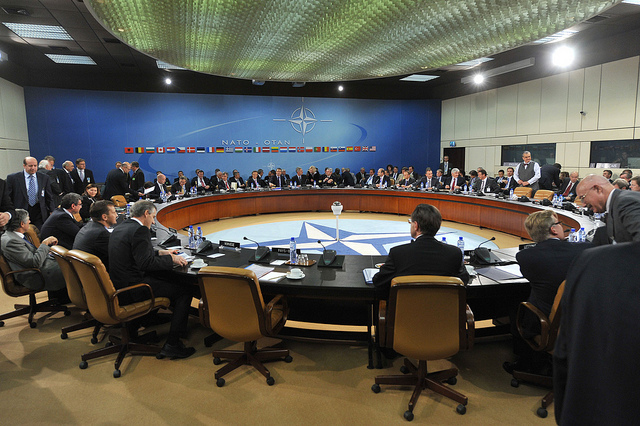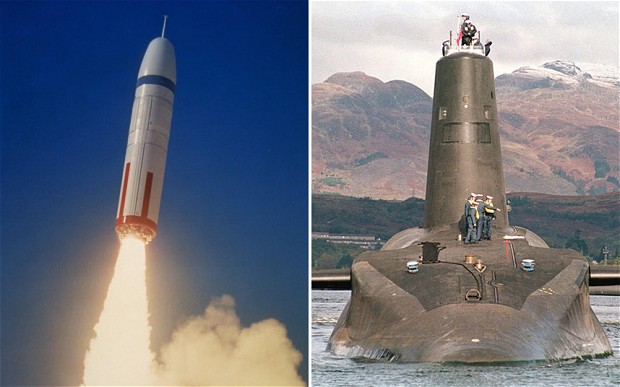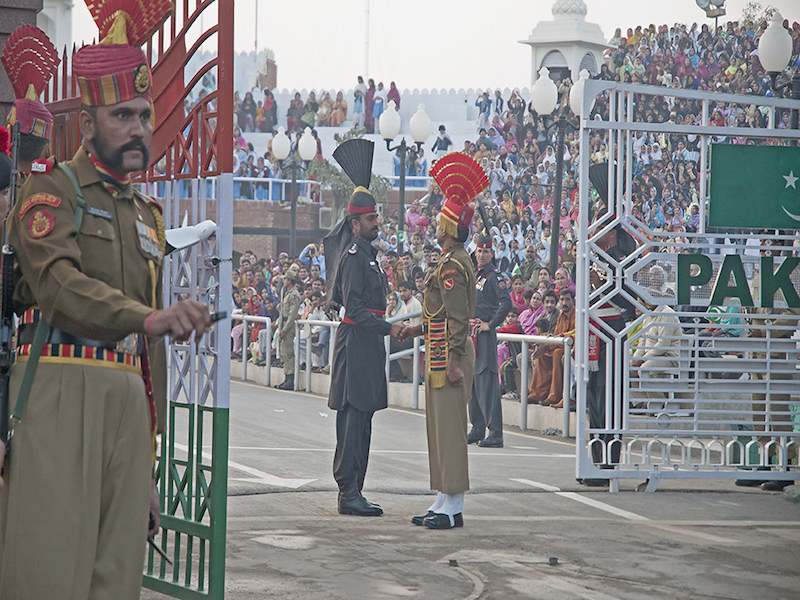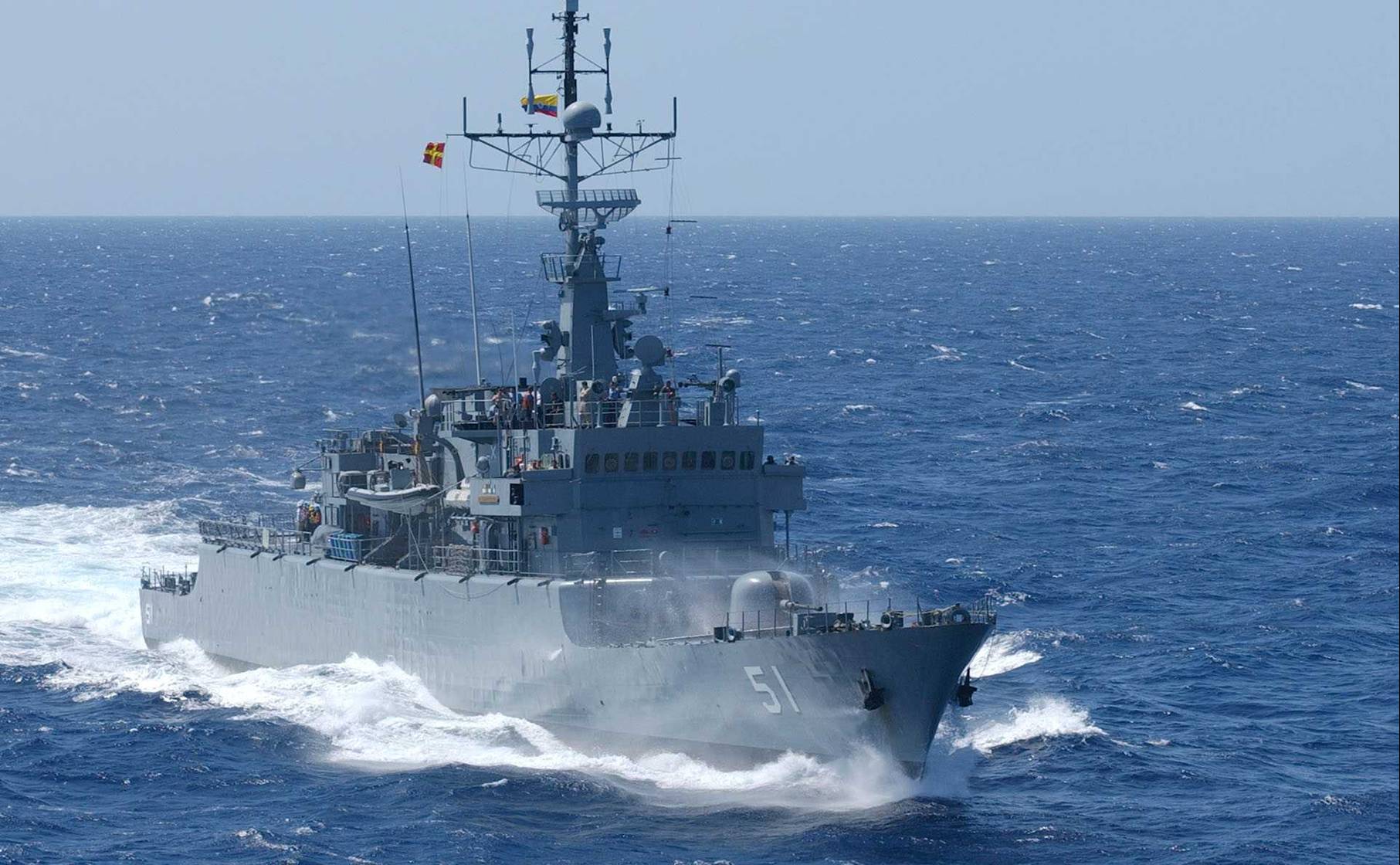International trade constitutes an important component of the maintenance and pursuit of defensive capability. In today’s globalized world, most defence procurement occurs through some variation of competitive tendering that extends beyond domestic borders. The global market for defence technology is unique in that it is primarily driven by the elusive property of “security”, a metric that is subject to the ebb and flow of threat, politics, and order. An important consequence of this state of affairs is that many of the customers are, by necessity, heavily scrutinised and discriminated against through the intervention of state policy.
Take, for example, Canada’s current export controls relating to military technology. Touted as “some of the strongest in the world”, these controls are designed so that they “are not prejudicial to [global] peace, security, or stability”. The associated Automatic Firearms Country Control List (AFCCL) designates all of the possible countries with which the Canadian defence industry may do business; the rest of the world is off limits.
[captionpix align=”left” theme=”elegant” width=”300″ imgsrc=”http://natoassociation.ca/wp-content/uploads/2014/05/180242030.jpg”]
Because of the highly controlled nature of trade in military goods, political forces can have a profound impact on the shape of these global markets. NATO membership is one such political force – and a powerful one at that. It is notable, for instance, that 27 of Canada’s 34 AFCCL partners are also participants in the NATO alliance. How can we explain this connection?
Scholars who study international relations sometimes refer to the economic idea of transaction costs when discussing cooperative behaviour in state-to-state relations. What this boils down to is the notion that uncertainty about the future drives up the price of an interaction. Institutions help reduce these transaction costs by introducing rules, standards, and common ground.
The founding document of NATO, the Washington Treaty, provides an outline of the political requirements from its members for the purpose of collective defence. NATO’s “Open Door Policy” has also evolved to provide prospective members with sustained dialogue and guidelines for political reform. Importantly, it is not the internal changes that a country undertakes that matter, it is the relationship forged between members of the institution. In this way, trading partnerships can eventually be born and solidified through agreements that may have nothing to do with trade.
[captionpix align=”left” theme=”elegant” width=”300″ imgsrc=”http://natoassociation.ca/wp-content/uploads/2014/05/size0.jpg”]
NATO is also a special case in that it is increasingly participating directly in global defence procurement activity. Effectively constituting another international trading partner for NATO members, it has recently awarded contracts worth hundreds of millions of dollars to global defence companies for technology relating to communications and command and control capability. In order to begin exploring the possibilities of this trade relationship, Canada launched a NATO trade mission in March. The trip helped to promote the Canadian defence industry and acquainted Canadian companies with the ins and outs of the organization.
Given the corresponding relationship between NATO expansion and defence, a cautionary note deserves attention. If the above depiction is accurate, there are predictable incentives for defence industry lobbyists to push for increased accession into the Alliance. It is critical that should enlargement continue, is does so for prudent geostrategic reasons. NATO may produce secondary economic benefits, but it is first and foremost a collective security arrangement.




